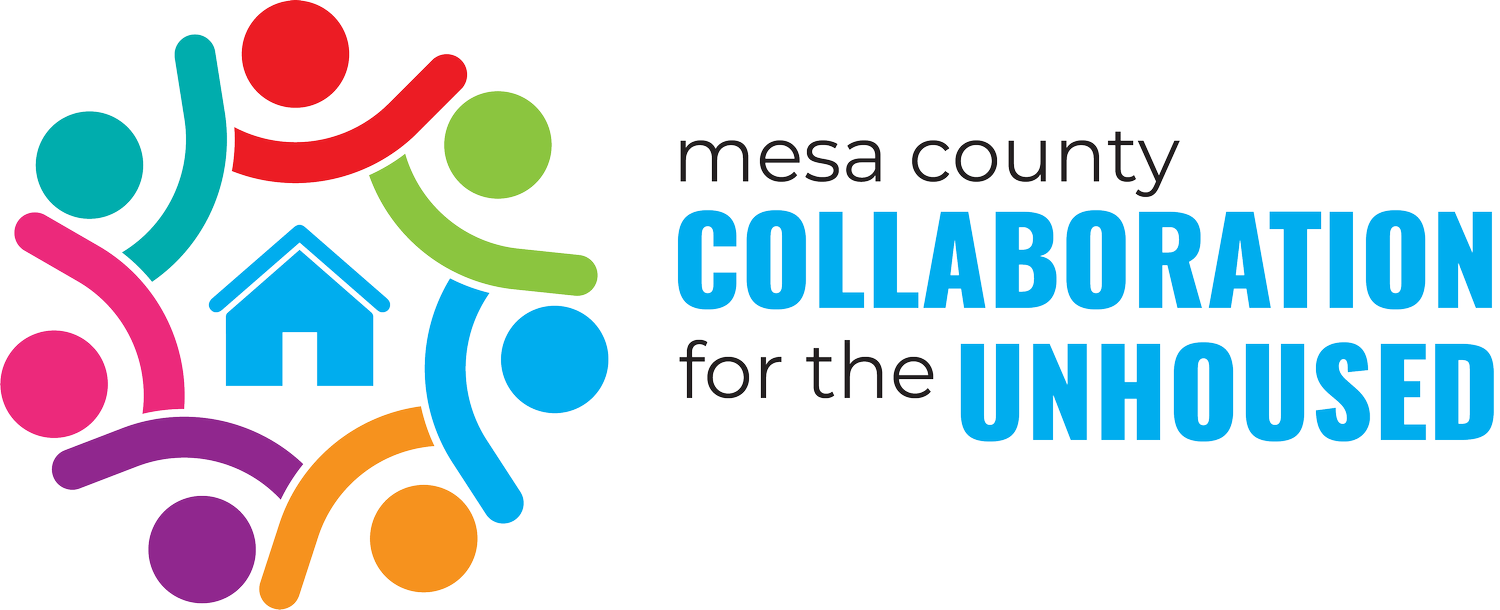Comprehensive Framework
Mission Statement
To reduce the harms caused by housing insecurity and homelessness by fostering a coordinated, compassionate, and inclusive system that promotes safety, stability, and well-being for individuals and the community.
Vision Statement
A community where every individual has access to safe, affordable housing and the necessary support to maintain it, minimizing the impacts of housing insecurity and homelessness.
Core Values
Compassion
Addressing the needs of those experiencing homelessness along with their direct service providers with empathy and respect
Collaboration
Building inclusive solutions with stakeholders, including service providers, businesses, first responders, and individuals with lived experiences, while avoiding competition and supporting the right stewards for initiatives
Empowerment
Amplifying the autonomy of individuals and fostering robust partnerships with community members, elected officials, first responders, and business owners
Innovation
Focusing on forward-thinking, evidence-based, and pragmatic solutions to address immediate and systemic challenges
Accountability
Ensuring measurable outcomes, transparent communication, and continuous progress
Inclusivity
Encouraging community-based efforts that integrate diverse sectors, from nonprofits to private businesses, for resource alignment and shared vision. Encouraging membership of MCCUH to be reflective of those diverse sectors and perspectives
Honesty, Transparency, and Bravery
Upholding open and courageous conversations to build trust and address difficult issues collaboratively
Equity and Justice
Prioritizing marginalized groups disproportionately impacted by housing insecurity
Service Provider Well-Being
Recognizing and supporting the mental and physical health of those working in this challenging field, including first responders, housing advocates, and outreach workers.
Guiding Principles
Non-Judgmental Services
Supporting the design of inclusive programs that meet individuals where they are without preconditions
Whole-Person Approach
Encouraging integrated services that address mental health, substance use, physical health, and employment
Safety First
Prioritizing health and safety initiatives for individuals and the broader community
Continuous Improvement
Evaluating strategies based on data and feedback to maximize impact
Flexibility and Adaptability
Tailoring interventions to the evolving needs of individuals and the community
Community Impact
Balancing the needs of individuals with those of businesses, residents, and law enforcement
Courageous Conversations
Demanding and fostering honest dialogue to address challenges and build trust
Workforce Development
Encouraging young professionals to enter and thrive in careers addressing homelessness by offering support, training, and resources for long-term success
Strategic Goals
Expand Safe and Dignified Living Spaces
Support the development of low-barrier shelters, transitional housing, and alternative housing models such as tiny homes and safe parking programs.
Enhance Service Accessibility
Advocate for a “no wrong door” policy for seamless entry into the system of care.
Promote Public Health and Safety
Support the integration of health services into homelessness response systems to reduce harm and improve stability.
Support Business and Community Needs
Collaborate with businesses and residents to address concerns while fostering inclusive solutions.
Elevate Voices of Lived Experience
Seek input and involve individuals with lived experience in decision-making and advocacy efforts.
Strengthen Service Provider Well-Being
Focus on workforce development and capacity building to ensure service providers are supported and equipped to handle their roles effectively.
Community Education
Engage the public and policymakers to raise awareness and foster alignment among all stakeholders.
Attract and Develop Young Professionals
Support the creation of pathways for emerging talent to contribute to reducing homelessness through mentorship, training, and advocacy opportunities.
Framework for Action
Addressing Root Causes of Homelessness
Affordable Housing and Economic Stability
Advocate for inclusive housing policies, rental assistance, and workforce development to reduce income disparities
Mental Health and Substance Use Support
Integration of mental health care, substance use treatment, and wraparound services
Healthcare Access
Ensure discussions and focus on comprehensive healthcare as a critical determinant of stability and well-being
System Coordination
Support the creation of a unified network of stakeholders to streamline resources and improve efficiency
Policy Advocacy
Address systemic issues such as housing costs, underemployment, and racial disparities
Short-Term Actions
Evaluate current data needs and data sources
Support the development of a proactive response system for winter shelters and warming centers
Support the expansion of emergency housing options
Medium-Term Actions
Support the creation of robust service provider training programs focusing on cultural competence and trauma-informed care
Work with partners to develop an interoperable IT system for comprehensive service coordination
Long-Term Actions
Shift to outcomes-based funding models that reward systemic success
Enhance data collection and establish collaborative data-sharing platforms
Incentivize affordable housing development through partnerships with private and public sectors
Innovative Initiatives
Health and Safety Programs
Mobile health clinics, harm reduction supplies, and hygiene services
Community Engagement
Foster partnerships with local business to address visible impacts of homelessness while respecting human dignity
Outcome-based Funding
Incentivize effective programs with proven outcomes
Data and Technology Integration
Leverage data as a resource to enhance capacity, streamline services, and measure impactful outcomes. Position MCCUH as a data hub that informs decision-making and improves community-wide efficiency
Evaluation and Improvement
Establish clear metrics to measure program success
Regularly review and refine strategies based on data and stakeholder feedback
Report progress transparently to the community and stakeholders
